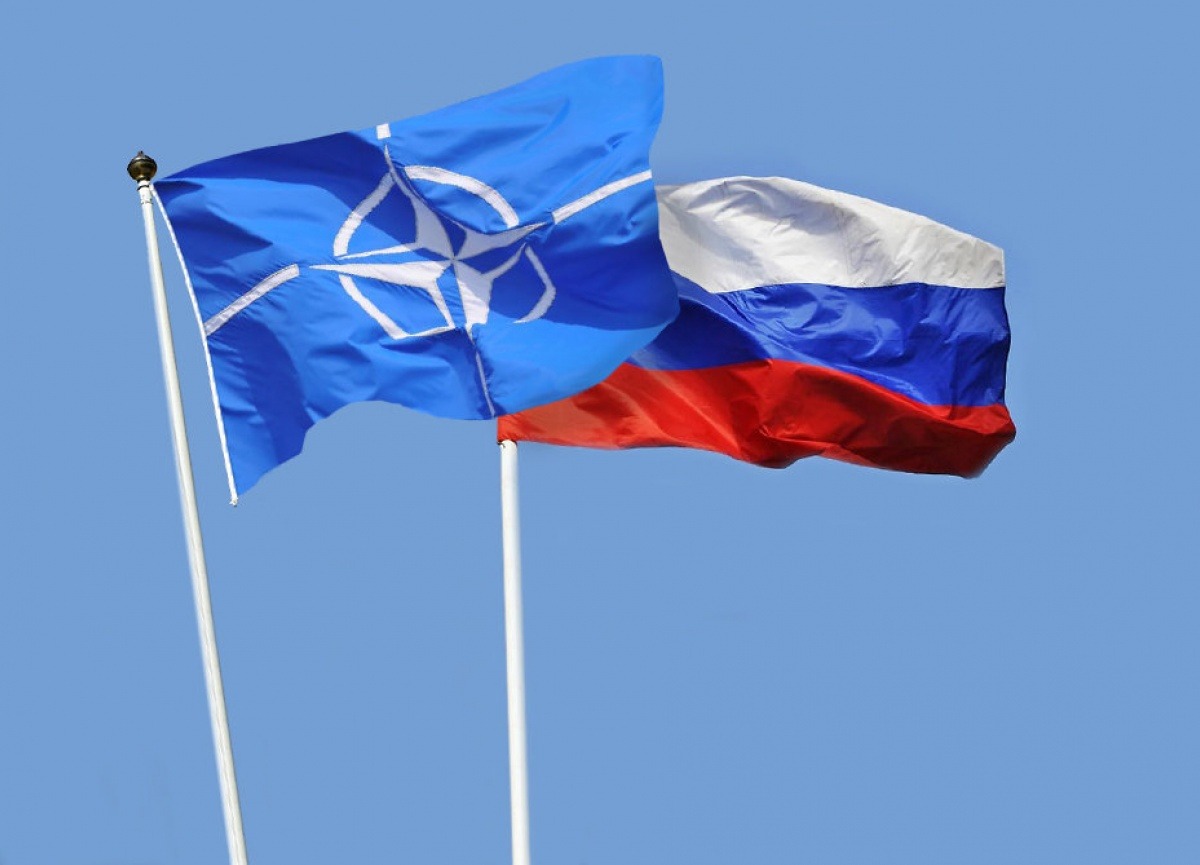Morteza Makki in an interview with the site of the Strategic Council on Foreign Relations pointed out countries like Germany and France as the two wings of the European Union have become strongly pessimist towards the U.S. and NATO. He added:” Sudden U.S. withdrawal from Afghanistan and signing AUKUS treaty among Australia, the U.S. and UK and ignoring France’s role in Pacific Ocean have made Europeans to conclude that they can not rely on the U.S. and NATO anymore. However, the European Union is very far from setting up an independent defense and security pact”.
According to Makki, the Eastern European countries’ aim to keep escalated the tensions with Russia is to consider Moscow as a serious threat against themselves on one side, and they do not want to limit their bargaining power and remain under Germany and France umbrella; therefore, they try to establish close relations with the U.S. and thus to increase their bargaining power in the European Union against Russian from one hand and against France and Germany from the other hand.
The expert pointed out the relations between NATO and Russia within the last three decades and defined the relations as tossing. He said:” the problem refers to the kind of relations; disputes between Russia and the West never settled, instead perhaps it was suspended for a while during President Boris Yeltsin. He conceived that through integration and close relations with the West, he would be able to integrate Russia into the then European Community”.
Makki continued:” But the Western governments made the best of the opportunity to maximize their influence in the Eastern European countries and republics dismembered from the Soviet Union. Three countries of Poland, Czech Republic and Hungry acceded to NATO as new members in 1999, and in 2004 seven more Eastern European countries as well as three Baltic States joined NATO. In fact, the containment policy against Russia was carried out from the very beginning of the collapse of the Soviet Union, followed by the very same policy we witnessed the velvet revolutions in recently independent countries from the Soviet Union as well as the Eastern European countries”.
According to the expert, the velvet revolutions in Georgia and Ukraine led to the array of proponents and opponents of the West. Russia intervened directly in the two countries in order to prevent them to become NATO members. In 2008, Russia practically recognized the North Ossetia by supporting independence seekers.
Makki stressed that:” in 2014, in order to prevent signing the trade agreement between Ukraine and the European Union as well as the membership of the country in NATO, Russia practically annexed Crimea to her territory and supported the Russian-dissent independence seekers of East Ukraine. Therefore, the relations between Russia and NATO have always been coupled with serious tensions during the past two to three decades”.
Having pointed out to the efforts made by European countries like France and Germany in the context of détente in relations with Russia, the expert said:” In fact these countries tried to de-escalate the tensions from the critical level. In 2008, Nicola Sarkozy, former French president played a serious role to practice ceasefire in Georgia and put the tranquility in place in the country. Likewise, in the course of Ukraine crisis in 2014, France and Germany tried to form Normandy Group containing countries like France, Germany, Ukraine and Russia and thus to manage the tension in relations between the West and Russia, and to prevent spiraling war and clash between Ukraine and Russia”.
He added:” Although Germany and France tried to make Russia show flexibility in her positions and policies towards Ukraine by imposing economic and trade sanctions against Russia, but tension between Russia and the West drove a wedge in the European Union too. The Eastern European countries strongly called for a political, military and even an economic array against Russia. On the opposite side countries like France, Germany, Italy and Spain who had extensive trade relations with Russia called for détente with the country and settlement of disputes through negotiation, dialog and interaction with Moscow”.
Makki pointed out to the U.S. attitude against Russia too and said:” the U.S. that has always considered Russia, followed by China, as a serious threat against her, endeavored to array against Russia in collaboration with the Eastern European countries in view of the influence she had in NATO. The military war games that are being practiced by the U.S. and in a way by NATO in Black Sea are assessed within the very same Russo-phobia and Russo-fighting of the U.S. in the region”.
Having elaborated on the reason of dual approach of NATO against Russia, in view of the recent remarks made by Jens Stoltenberg, NATO Secretary General on the preparedness of the military organization to hold talks with Moscow, the expert on European affairs said:” Such remarks are made to leave the window of opportunity with Russia opened and thus to manage the tension in relations with Russia. But in fact, this must be admitted that nothing special has happened based on which we witness the de-escalation of tension in relations between Russia and NATO. Ukraine is the most important dispute among the parties, while the perspective of Ukraine is dubious. Therefore, one should not be hopeful to witness the de-escalation of tension between Russia and NATO, particularly when Biden’s policy is not to de-escalated tension between Russia and the West. However, the Americans try to preserve their talks and political relations with Russia in the field of strategic issues”.










0 Comments